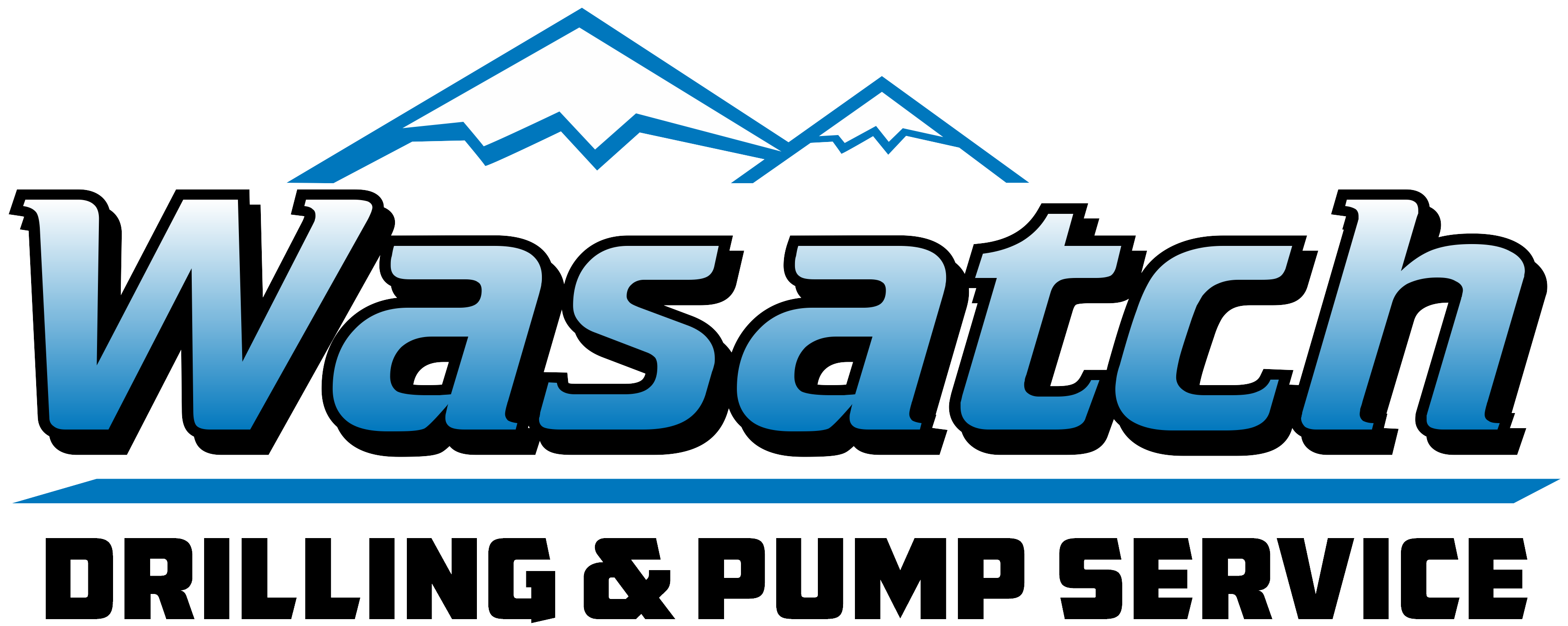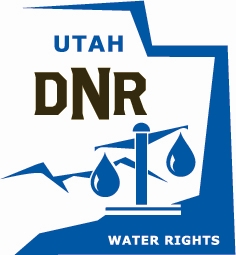How Does Well Water Work?
For homeowners who rely on private wells, understanding how well water systems function is essential. Unlike municipal water supplies, well water comes directly from underground aquifers and requires a properly maintained system to ensure safe, clean water for daily use.
What Is Well Water?
Well water is sourced from groundwater stored in underground aquifers—layers of water-bearing rock or sediment. To access this water, a well is drilled deep into the ground, and a pump system brings it to the surface for household use.
Unlike city water, well water is privately maintained, meaning homeowners are responsible for water quality testing, system maintenance, and any necessary treatments to remove contaminants. There are, however, many advantages to a privately maintained well which we’ll touch on a bit later in this blog.
How Does a Well Water System Work?
A modern well water system consists of several essential components:
- Well Casing – A durable pipe that maintains the well opening and prevents contaminants from seeping into the water supply.
- Well Pump – A pump (either submersible or above-ground) that moves water from the aquifer to the home.
- Pressure Tank – A tank that stores water and regulates pressure, ensuring a steady supply throughout the household.
- Distribution System – A series of pipes that transport water from the pressure tank to faucets, appliances, and irrigation systems.
The Water Collection Process
- Drilling the Well – Working with the professionals at Wasatch Drilling & Pump Service ensures your well is drilled properly.
- Installing the Casing – A casing is inserted to protect the well from soil contamination and maintain structural integrity.
- Placing the Pump – A submersible pump (for deep wells) or a jet pump (for shallow wells) is installed to extract water from the aquifer.
- Water Storage & Pressure Regulation – The water is pumped into a pressure tank, which ensures a reliable flow and prevents excessive wear on the pump.
- Distribution to the Home – The pressure tank and piping system deliver water to faucets, showers, washing machines, and other household fixtures.
Advantages of Well Water
Many homeowners prefer well water due to the following benefits:
- Cost Savings – Once a well is drilled, water is essentially free, eliminating monthly water bills.
- Natural Filtration – As water moves through soil and rock layers, many impurities are naturally filtered out.
- Independence – Well owners are not subject to municipal water restrictions, rate increases, or supply interruptions.
- Fresh Taste – Many people find well water tastes better due to the absence of chlorine or added chemicals.
Well Water Maintenance & Safety
Since well water isn’t treated by a public utility, regular maintenance is crucial to ensure safe drinking water. Here’s what homeowners should do:
- Test Water Quality Annually – Check for bacteria, nitrates, and other potential contaminants.
- Inspect the Well Pump & Pressure Tank – A failing pump or pressure tank can lead to inconsistent water pressure or costly breakdowns.
- Keep the Well Area Clean – Avoid contamination by keeping chemicals, fertilizers, and waste away from the wellhead.
- Schedule Professional Inspections – The team at Wasatch Drilling & Pump Service can assess system performance and perform necessary repairs.
Need Well Drilling or Pump Service in Northern Utah?
Whether you’re considering a new well or need maintenance on your existing system, Wasatch Drilling & Pump Service has the experience to handle all your well water needs. We specialize in well drilling, pump installation, repairs, and system maintenance to ensure a reliable water supply for your home.
Contact us today to schedule a consultation and keep your well water system running efficiently for years to come.





